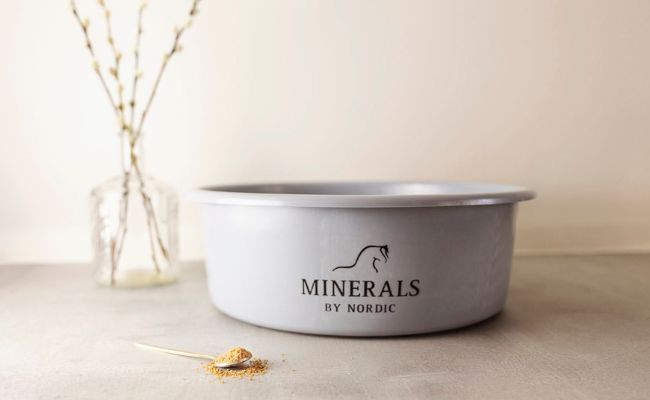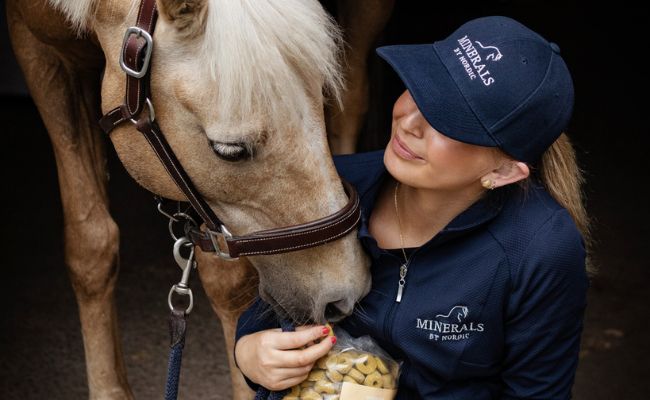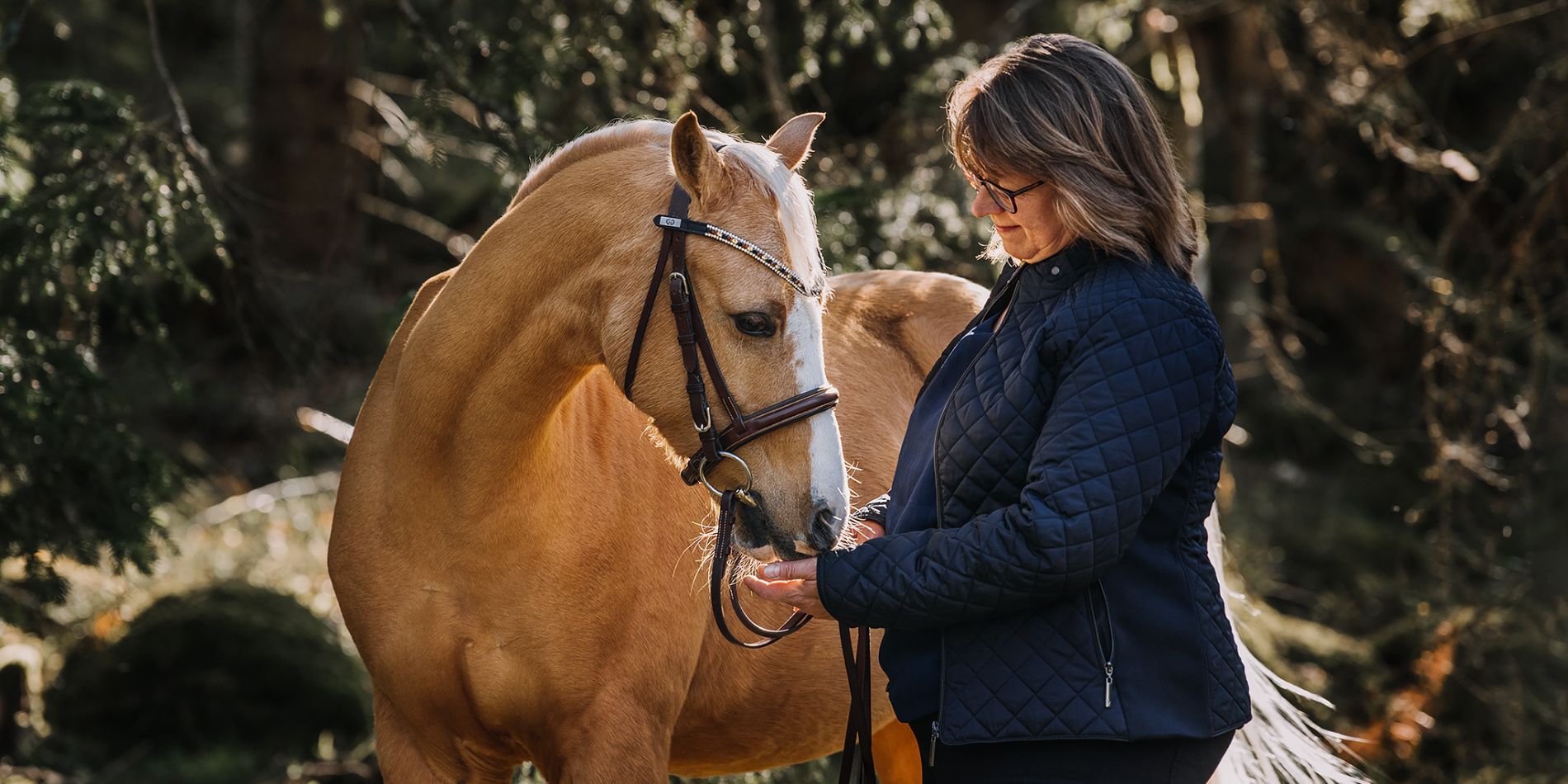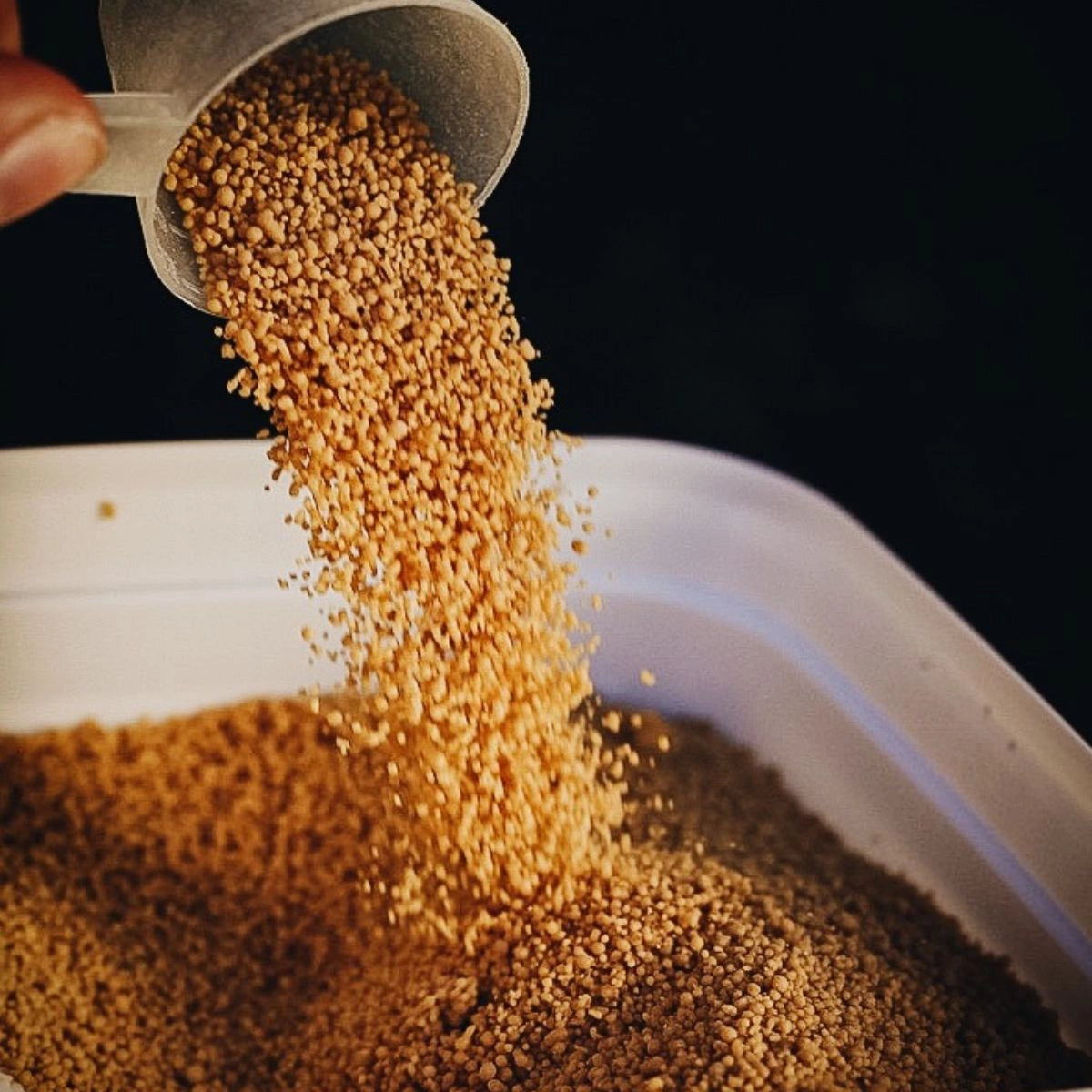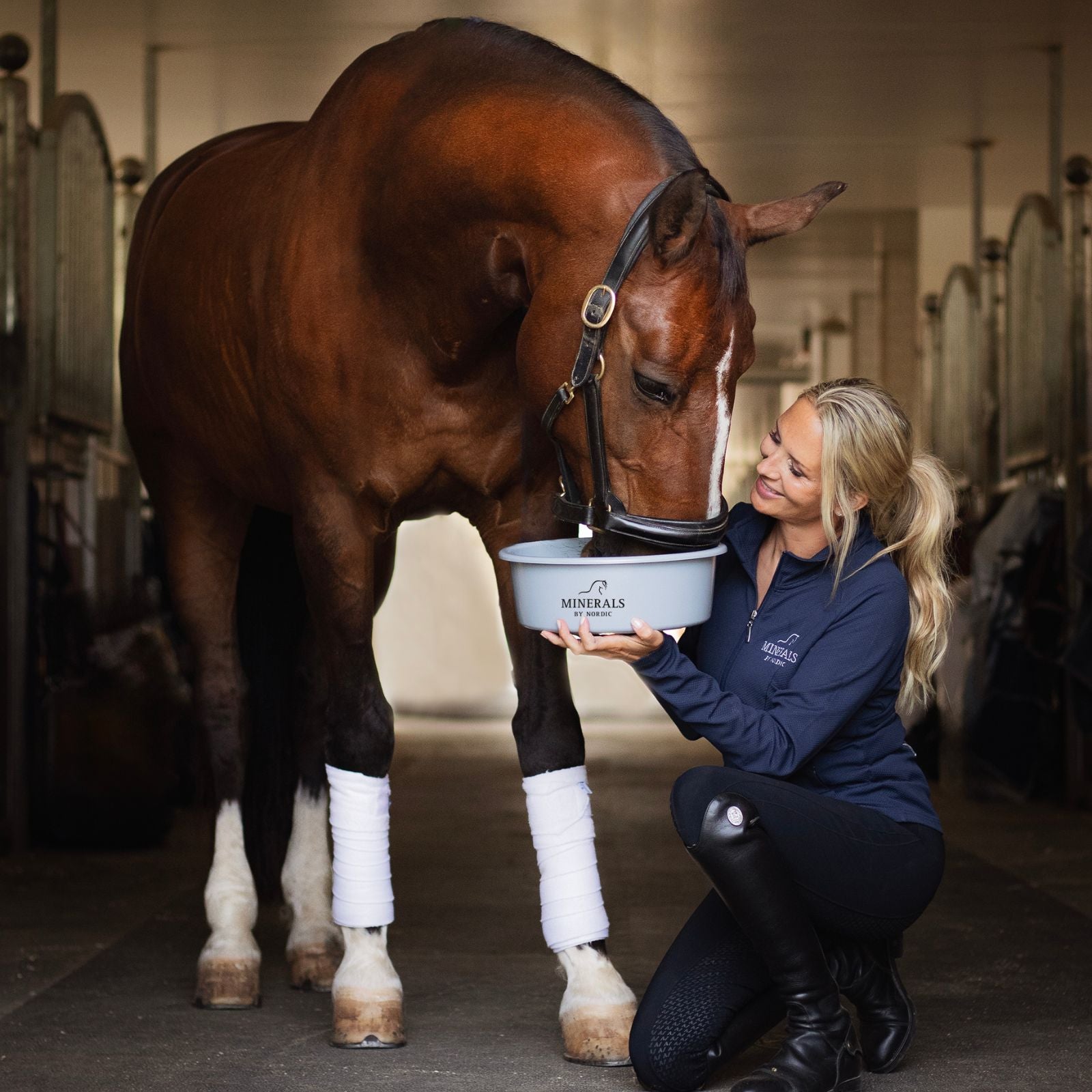Why is Digestive Health in Horses So Important?
My name is Nina Fornander, and I am the founder of Minerals by Nordic. Taking care of a horse's stomach and intestines has always been one of my core focuses, as many horses suffer from issues related to their digestive system. I have seen how quickly a horse's well-being can be affected by digestive problems, which is why it's so important to find the right support for each individual.
Basic Tips for the Stomach
The foundation of all my recommendations for horses with sensitive stomachs is to have a good mineral supplement that helps balance the pH in the stomach, such as Activ Mineral. The Omega-3 supplement Inflaboost DHA has anti-inflammatory properties that can help counteract stomach problems and colic.
Tips for Loose Stools and Diarrhea
For horses with loose stools, I recommend Höveler's Pur.Mash, a prebiotic that restores the balance in the gut flora. For more long-term issues, Pur.Gastro is a good alternative with pectin and lecithin that protects the mucous membranes.
What Should I Do if My Horse Gets Colic?
If the horse shows signs of colic, it's important to observe the symptoms, keep the horse moving, and contact a veterinarian if the problems persist. Adjusting the feed can also help, such as reducing sugar and starch. For daily support, Pur.Mash can be useful.
Stress-Related Stomach Issues
Stress can also negatively affect a horse's stomach, especially during transport or competition. For these situations, I use Mg Control to calm the horse.

Preventive Care for Stomach and Intestines
Preventing stomach problems means providing the horse with the right roughage and possibly supplements like Höpellets. A couple of times a week, I give Höveler's Pur.Mash to support stomach health.
How I Give Feed Supplements
I always mix the supplements with the horse's regular feed to ensure intake. For sensitive stomachs, I start with a lower dose and gradually increase it.


